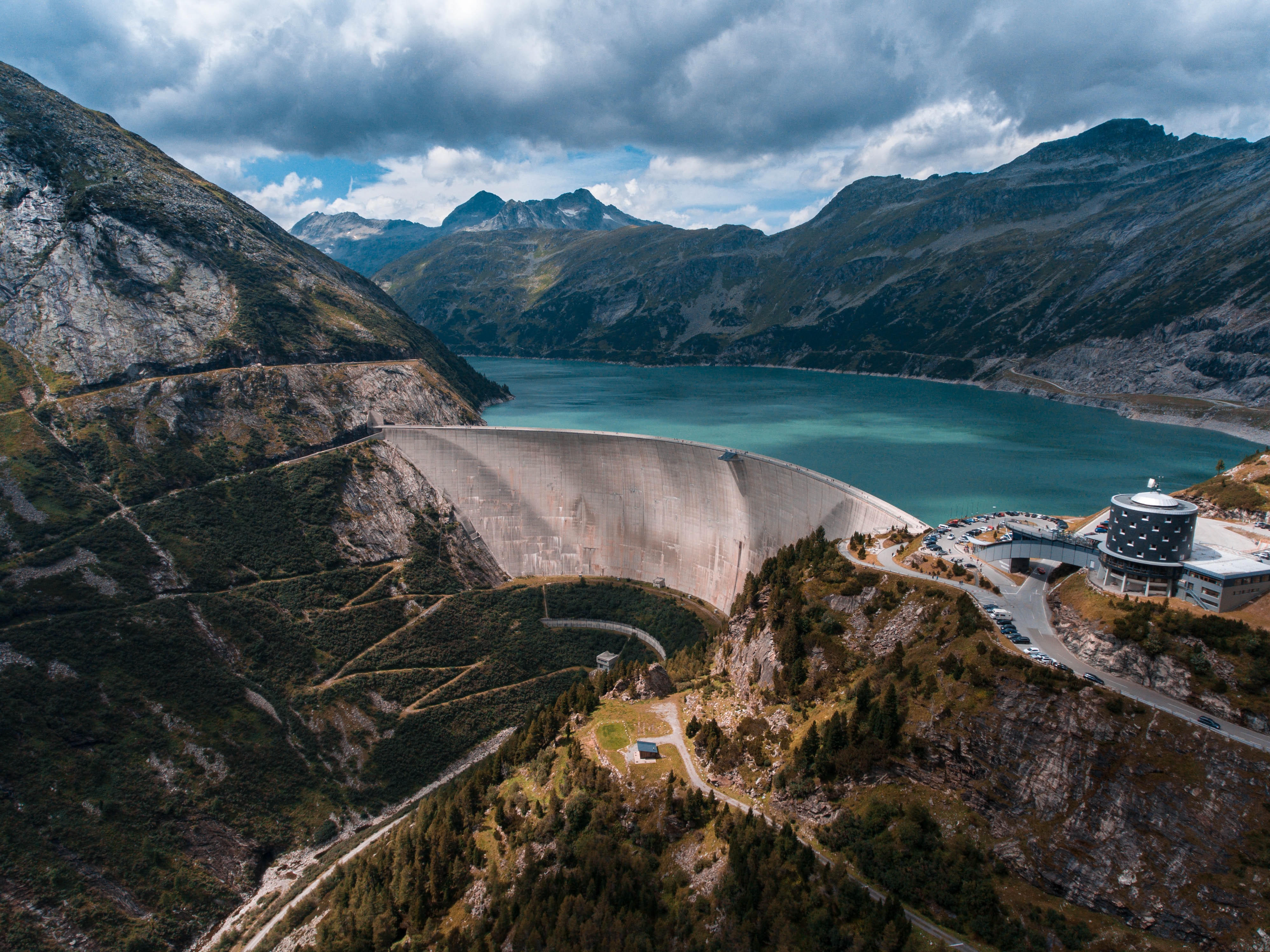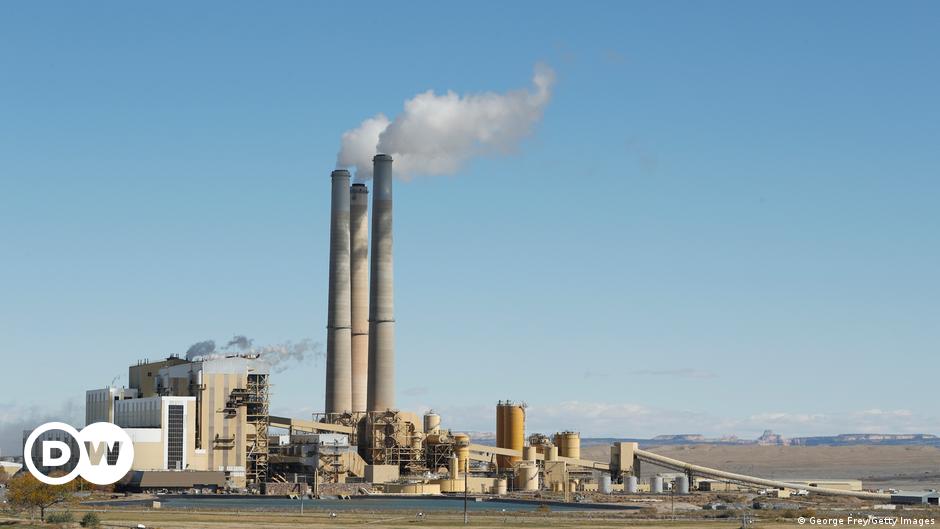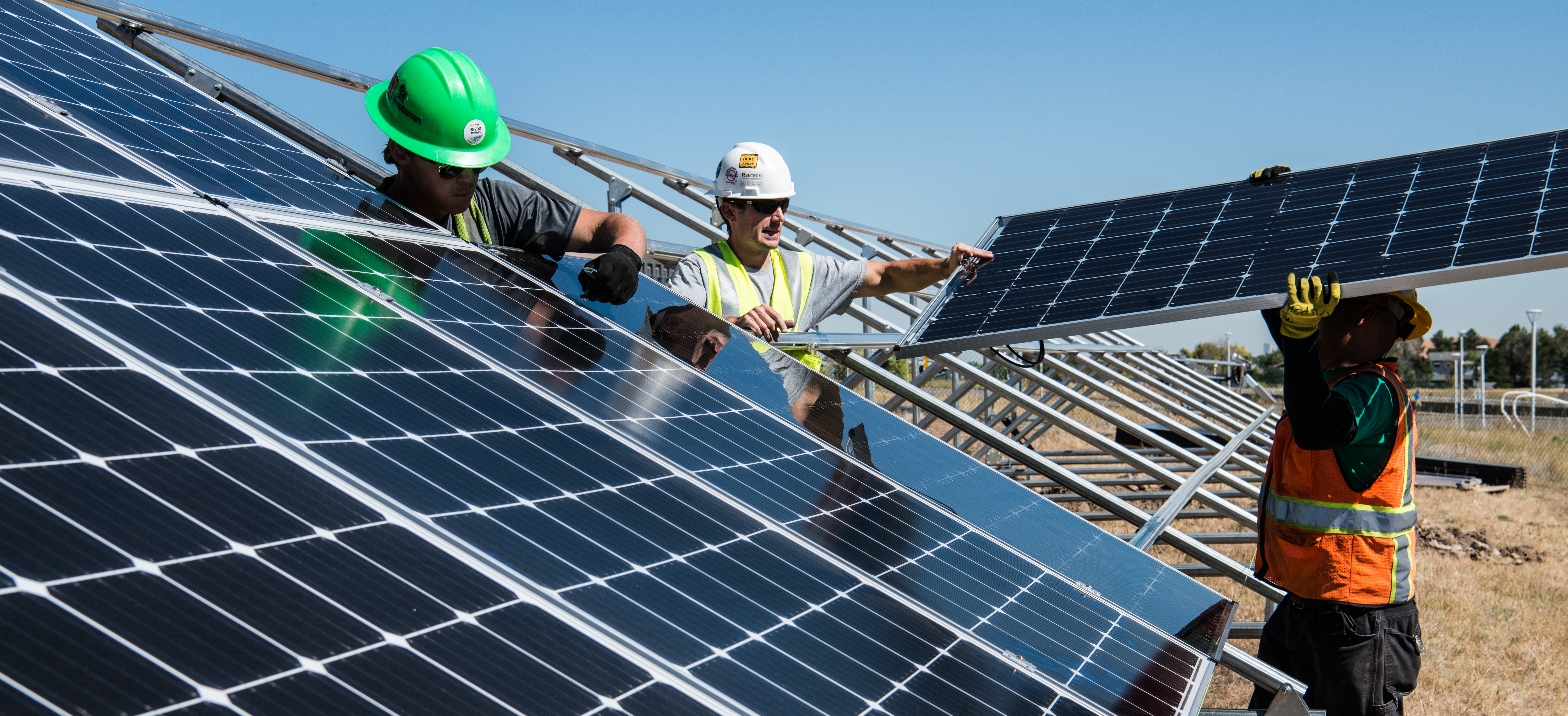Energy
Public - visible to all visitors to the platform.
Open to join - users can join this group without approval.
Invite only - users can only join this group if they are added/invited by group managers.
About this Discussion
The COVID-19 pandemic is a global health crisis that has major implications for world economies, energy use and CO2 emissions. According to the IEA’s World Energy Outlook 2020 report, the immediate effects of the pandemic on the energy system shows expected falls in 2020 of 5% in global energy demand, 7% in energy-related CO2 emissions and 18% in energy investment. Oil consumption is anticipated to decline by 8% and coal use by 7%. However, as with previous crises, the rebound in emissions may be larger than the decline, unless the wave of investments to restart economies is dedicated to cleaner and more resilient energy infrastructure.
Decarbonizing energy use in time to avert catastrophic climate change requires increased international cooperation. Recovery measures following COVID-19 pandemic could include flexible power grids, efficiency solutions, electric vehicle charging, energy storage, interconnected hydropower, green hydrogen and other technology investments consistent with long-term energy and climate sustainability.
In line with the Sustainable Development Goals (SDGs), there is a global movement to address these challenges by substantially increasing investment in renewable energy technologies and implementation, doubling the rate of improvement to energy efficiency, and changing user behaviours, with the aim to achieve absolute decoupling between energy consumption and economic growth.
Energy
Created a Post in Climate Change, Energy
Created a Post in Climate Change, Energy
Created a Post in Climate Change, Energy
Created a Post in Energy
Created a Post in Climate Change, Energy
Created an Event in Energy, Blue Economy, Tourism and Hospitality
Created an Opportunity in UNIDO Industry Working Group, Energy, Industry and Entrepreneurship
2021 Energy Management Leadership Awards
Created a Post in Climate Change, Energy, Industry and Entrepreneurship
Created a Post in Circular Economy, Climate Change, Energy
Created a Post in Energy, Climate Change








